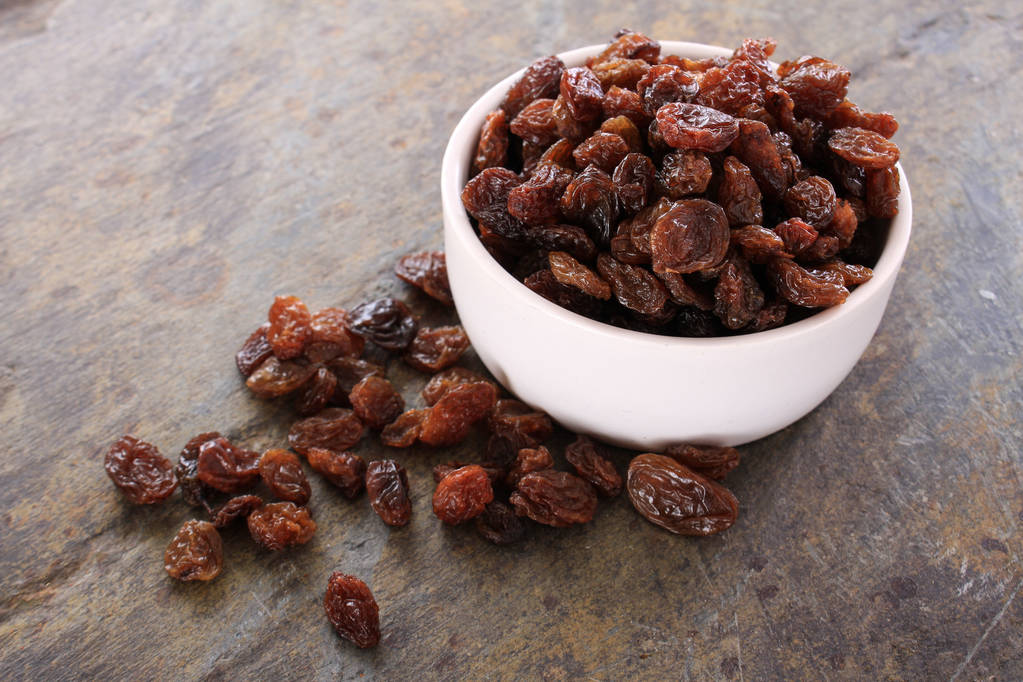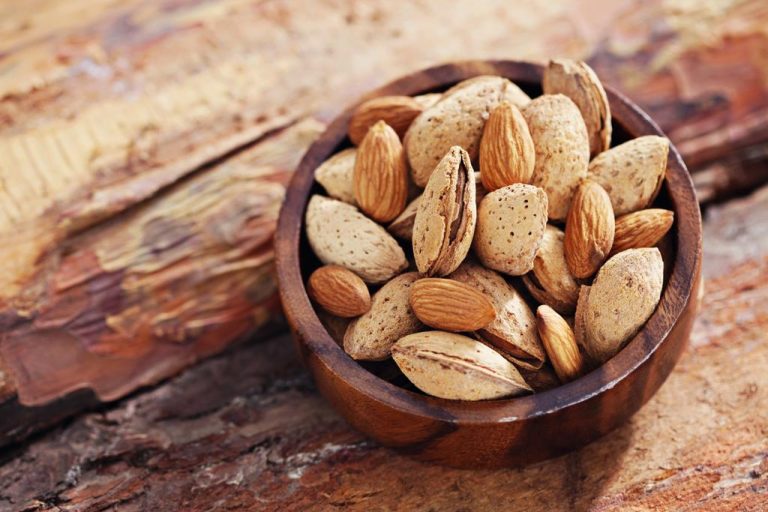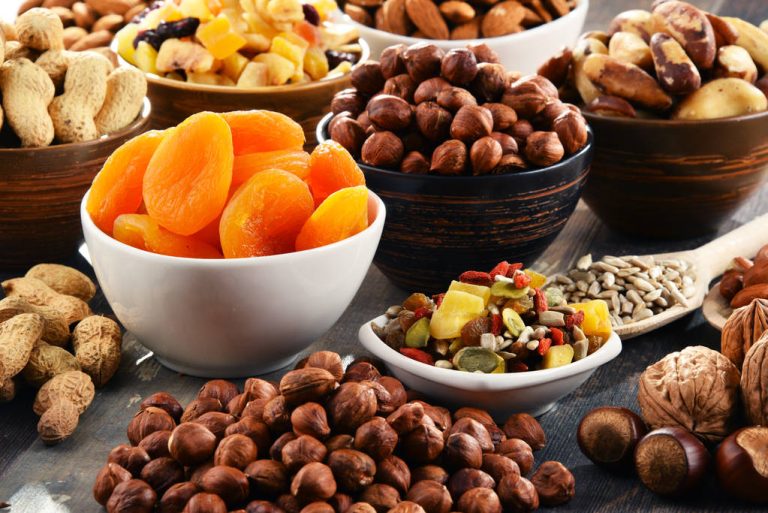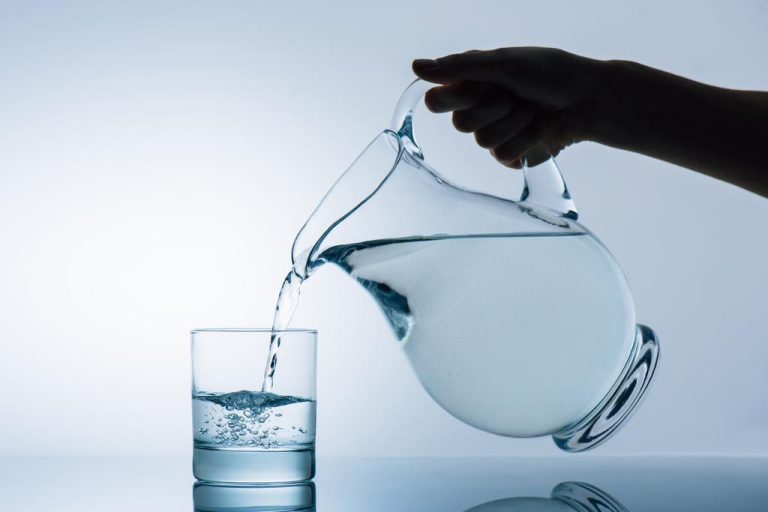Are you currently constantly tired and slack? Alkaline nutrition could be a key to more energy.

Acid-base balance imbalanced: That’s why you’re often tired in autumn
Fatigue in autumn is due to a lack of light in the dark season. Because less light changes the hormone balance: the body releases more melatonin – the so-called sleep hormone – and less serotonin. This in turn is also known as the happiness hormone.
However, the autumn blues are part of the natural course of the year, as Prof. Dr. Katja Mierke, psychologist at the Fresenius University of Applied Sciences in Idstein, Hesse, explains: “We are no longer used to living according to the seasons. It is not without reason that other creatures hibernate and withdraw into their caves,” says Mierke. Autumn and winter also serve to slow down.
These times of pause are important for the psyche, she adds, and it is not for nothing that November is a month of mourning in many cultures. “By saying goodbye to the past, you make room for the new.”
Against tiredness in autumn: light, company and Christmas spices
Although Prof. Mierke recommends accepting and enjoying the autumn phase if possible, the psychologist knows: “If you don’t want to fall too deep into the November slump, you should exercise as much as possible outside and soak up the light.” Light therapy lamps also help.
The cold also plays a decisive role, Mierke knows: “Current socio-psychological studies show that people feel lonelier when they are physically exposed to cold. That’s why it’s particularly good for us now if we move closer together. There are occasions for this in the run-up to Christmas plenty.”
According to the expert, you can also do something good for your psyche through food: the essential substances contained in cloves and cinnamon, for example, have been proven to have an antidepressant effect. “Apparently we instinctively know what’s good for us in the dark season and have created appropriate culinary traditions with Christmas baking,” says the expert.
Tired in autumn: get lively with an alkaline diet
A good way to stay fit through food intake in autumn is the so-called “alkaline diet”. This is not a diet in the strict sense. You simply fall back on foods that balance the acid-base balance and prevent hyperacidity. Because when the body is acidic, you feel limp and exhausted. The diet should include many alkaline foods such as fruit and vegetables. Potato dishes are also suitable for alkaline nutrition. We recommend a salad, refined with carrots, parsley and walnuts. Apples and pears are suitable as snacks for deacidification. You don’t have to do without meat and fish. However, you should largely avoid salt and use herbs and spices instead.
The most important alkaline foods include:
ripe fruit
vegetables
Raisins, dried figs
vegetable oils
almonds and chestnuts
Sprouts and sprouts (e.g. mung bean, millet, linseed, lentil sprouts)
herbal teas
Green tea

Conclusion: three-step plan against autumn fatigue
Basic nutrition
Dietary supplement for the right acid-base balance
Sufficient exercise in the fresh air
The alkaline diet is part of a three-step plan that is easy to implement and helps against autumn tiredness, as Erfstadt pharmacist Dr. Jutta Doebel in an interview with the pharmaceutical company Protina explains: “Basically, it is important that you eat enough alkaline-forming foods. This means that you should eat significantly more alkaline-forming than acid-forming foods – in a ratio of 80:20.” So if 80 percent of the meal consists of vegetables, fruit, salads and herbs, you’re on the right track, explains Doebel. As a second step, the pharmacist recommends dietary supplements: “We are exhausted, we are tired, we are imbalanced. And that in turn means that we are no longer as resilient and can concentrate even less. And especially now, when the dark season is coming , it may also be that our immune system becomes more susceptible to infections.” According to Doebel, it is very important that we support our immune cells, and we can do that best with the help of food supplements that have a beneficial effect on our acid-base balance. It is best to discuss which dietary supplements are most suitable for you with a doctor, as every body works differently and needs different nutrients more or less.
The third stage, according to Doebel, is to activate the metabolism. “The best and easiest way to do this is to get enough exercise. It doesn’t have to be a lot. Two or three short gymnastics sessions or nice walks in the fresh air are enough.”









